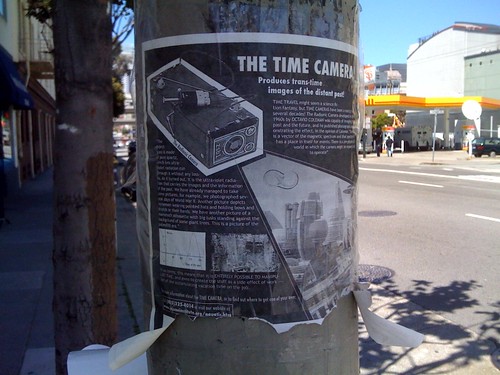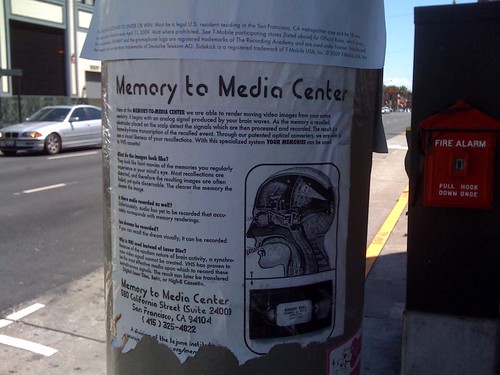Everywhere you look recently, people seem more angry than usual. It’s not that we’re angry about something new — we’re all just letting the little things get blown out of proportion. We’re placing our anger where it doesn’t seem to fit.
We see it every day. On the road and on the street, people are getting into verbal confrontations over small mistakes. On the news, we see citizens yelling misguided and untrue talking points at their government representatives. The spitfire threads on the internet seems to be outpacing everything else (even porn) for the first time.
What is all this? Why is this happening?
My first hypothesis was that the echo chambers are getting louder. The obvious example is cable news networks, which sink to lower lows with every passing day. People watch these “news” networks to have their own opinions validated. It’s like fans of WWE wrestling yelling at one another to suppor their favorite wrestler. The key difference being that WWE matches are fake and don’t really matter, whereas decisions made by governments can have far-reaching implications on our dalies lives. But in both examples, people get mad when their “side” isn’t victorious.
Another example of the “echo chamber effect” is online. Again, we have political shouting games, with DailyKos, Drudge Report, etc. taking the little things out of proportion. But we also see this anger effect on personal blogs, celebrity gossip sites, and bastillions of stupidity like Encylopedia Dramatica or 4chan. It’s no different than the echo chambers on TV.
But the echo chamber effect hypothesis leaves a lot unexplained. These echo chambers have existed for a decade or more. Why are things getting so out of hand only now?
This line of thought lead to an interesting conversation the other day with an acquaintance of mine recently. I think we came up with a better answer:
Let’s assume I’m correct about the premise that people are more angry recently; this is difficult to prove (I’m not a psychologist or a statistician) but the observation seems correct. If that’s true, then what else could be causing the anger problem?
Answer: the recession.
And if you think about it, this makes a lot of sense. Even if your job or school is doing fine, you know someone who has been affected. Probably more than one person. Things we took for granted are going away, like workplace benefits, low taxes, cheap public transportation, etc. Here in California, state parks are being shut down, college is becoming more expensive, and even the poison control hotline is in jeopardy.
A recession is something outside of our control, we can’t do anything about it. Most of us don’t even understand the cause. But we all feel the same helplessness.
Q: What do we do when we’re helpless?
A: We get angry.
In short: it’s the economy, stupid. We’re mad for a reason, and that reason is that our safeguards have failed us. Our government failed us. We all should have seen this coming and we all should have saved more, worked harder, and fought it off.
But getting angry at each other doesn’t help. Anger makes everyone’s life unpleasant.
I have a temporary solution — humor is the best medicine. To cure all this negativity, I propose laughing at our own perils and not taking ourselves too seriously. The recession is a tragedy; permanent or temporary, us humans have been laughing off our own personal tragedies for centuries.
Let’s take it gently, and remember that no matter how mad we are at the moment, we’re all humans in the end. You… me… everyone. We can never forget that.
















